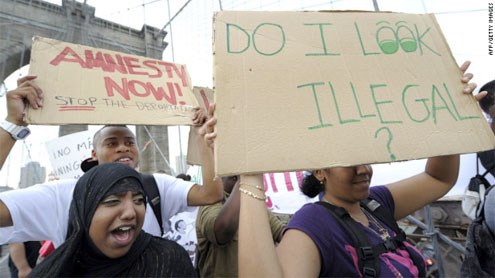
Emerging out of the archaic political thought of considering rivals as permanent enemies, Nawaz Sharif has extended his cooperation to keep the political process afloat over the last five years.
In an interview with a local TV channel, in answer to a question, Nawaz Sharif said that if elected prime minister he would be more than happy to accept Asif Ali Zardari as the president and take his oath of office from him. Nawaz Sharif’s statement can be interpreted in two ways. Either, as has often seemed the case in recent years, he represents the dovish pragmatic school of thought within the PML-N while the other school is hawkish in its attitude towards the ruling PPP, represented, as Nawaz Sharif gently chided, by the sometimes harsh statements of his younger brother and Chief Minister of Punjab, Shahbaz Sharif, against the president.
Or, both ‘wings’ of the party are actually united and the same but playing ‘good cop, bad cop’ towards the PPP to keep it under pressure and on the hop. Nevertheless, the Nawaz Sharif who came back from exile seemed a changed man. Certainly, cooling your heels in exile for 10 years gives ample scope for introspection. Later, his interaction with the late slain leader of the PPP Benazir Bhutto persuaded him that the past mistakes of politicians to go running to the army or president to topple the rival’s incumbent government had not helped democracy prosper, and even given the ‘third force’ waiting in the wings the opportunity to overthrow an elected government and capture power through a military coup.
That convergence in thought based on experience was later codified in the Charter of Democracy. Nawaz’s thrust during the last five years therefore has been to allow the system to continue and not upset the apple cart by any undemocratic moves. This implies respecting the mandate of the people and legitimately vying for that mandate through the ballot box. Nawaz Sharif therefore seems to have come a long way in his political journey from a protégé of the establishment to now arguably its bête noire.The political actors of the country are finally gravitating, it seems, towards the idea that it is only on the continuation of democracy that the survival of Pakistan depends.
This maturity of political thought gives hope that despite all the difficulties that Pakistan is faced with, especially from terrorism and extremism, the democratic political process offers the only hope of overcoming this menace and all the other afflictions of the state and society. To ensure the consolidation of the democratic system, Pakistan would need to go through elections regularly on schedule, and thereby settle the manner in which governments would henceforth be changed: peacefully, through the ballot box. It is a sign of growing political maturity that Nawaz Sharif has not allowed himself to be provoked by the taunts thrown at him over the last five years of being a ‘friendly’ opposition.
That is what the opposition in a parliamentary democracy is supposed to be, not an enemy of the incumbents. In many parliamentary democracies, including the mother of all parliaments in Britain, the opposition even describes itself as a ‘loyal’ opposition. Vying for the support of the electorate is not considered a zero-sum game but a healthy contention with ideas and policies in the interests of the country’s growth and development. Without such an underlying philosophy of the contending rival political forces, the state cannot deliver to its people a better future. – Dailytimes












